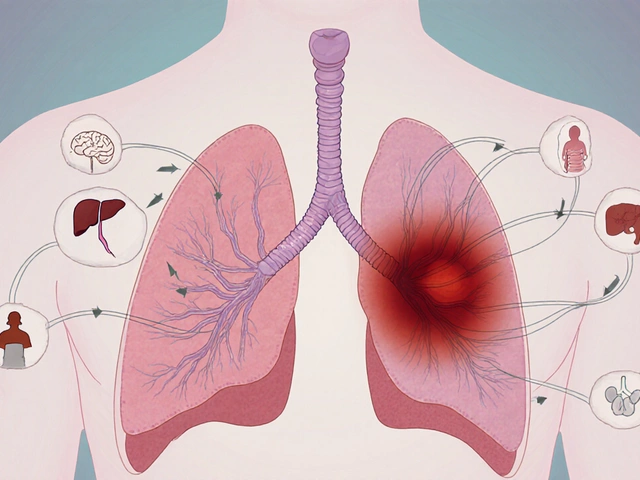Vitamin Risks: Practical Tips to Avoid Harmful Side Effects
Vitamins feel like a safe bet, but too much can turn them into a health hazard. Whether you’re popping a multivitamin, eyeing a high‑dose vitamin D, or buying herbal blends online, understanding the risks helps you stay in control.
Common Vitamins That Can Overdose
Vitamin A is essential for vision, but large doses cause liver damage, headaches, and blurry skin. A single prenatal vitamin already supplies the needed amount, so an extra “mega‑dose” is rarely necessary.
Vitamin D supports bone health, yet excess leads to calcium buildup, kidney stones, and heart rhythm problems. If you get sunlight and a balanced diet, a daily 800–1000 IU supplement is usually enough.
Vitamin E and K also have upper limits. Overdoing vitamin E can thin blood and raise bleeding risk, while too much vitamin K may interfere with blood‑thinners.
How Bad Supplements Slip Past the Radar
Many consumers assume a big brand means safety, but even well‑known names can have quality issues. Look for third‑party testing (USP, NSF) on the label. If a product claims “clinically proven” without citing a study, treat it with suspicion.
Herbal blends sometimes hide vitamin A or D in plant extracts, pushing you over the safe limit without a warning. Always read the full ingredient list, especially for “proprietary blends.”
Online pharmacies and marketplace sellers may ship counterfeit pills that contain contaminants or incorrect dosages. Stick to reputable pharmacies or direct‑to‑consumer brands that disclose batch numbers and manufacturing details.
Here’s a quick checklist to keep your vitamin routine safe:
- Check the Recommended Dietary Allowance (RDA) for each vitamin and compare it to the supplement’s dose.
- Ask your doctor or pharmacist before adding high‑dose vitamins, especially if you’re on prescription meds.
- Prefer capsules or tablets that list the exact amount of each vitamin, not vague “blend” statements.
- Look for third‑party seals and verify the manufacturer’s contact information.
- Stop any supplement that causes new symptoms—headaches, nausea, skin rash—and consult a health professional.
Remember, more isn’t always better. A balanced diet supplies most nutrients you need, and a modest supplement can fill small gaps. By staying informed and checking labels, you protect yourself from the hidden dangers of vitamin overdose and unsafe products.






